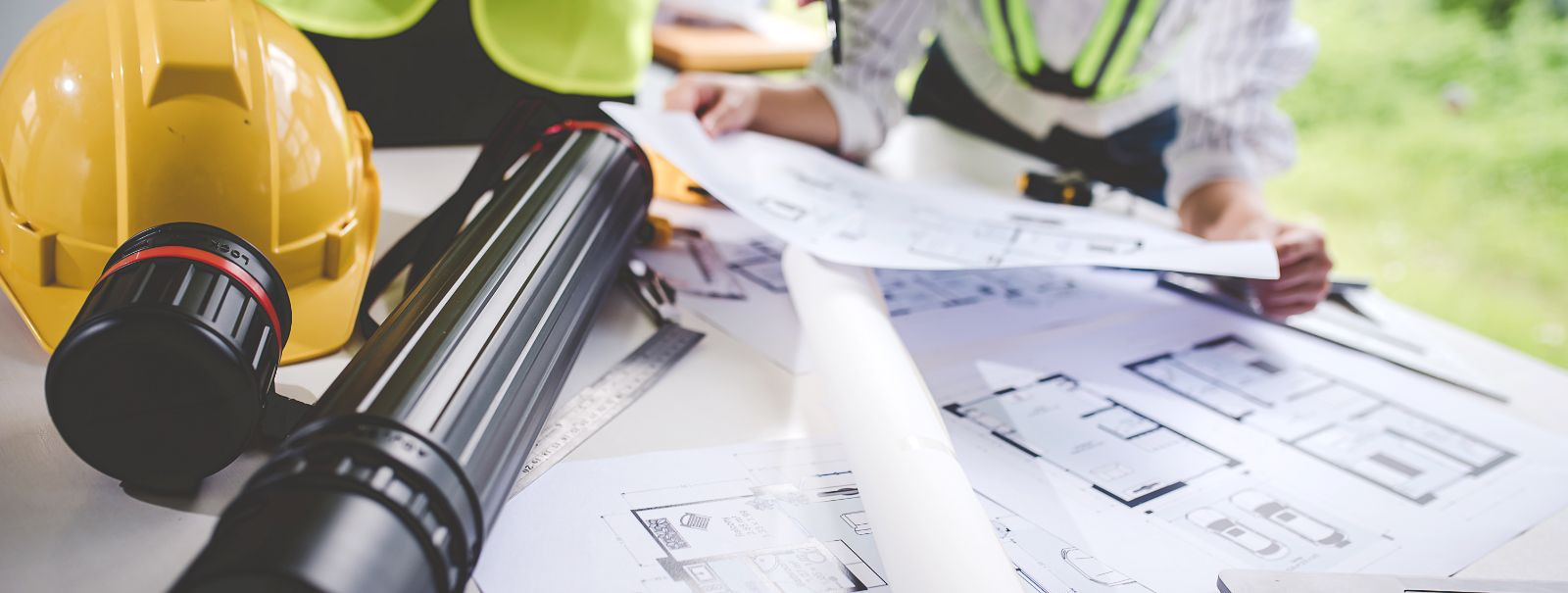The homeowner's guide to construction audits
Construction audits are critical evaluations that scrutinize various aspects of a building project to ensure that all processes align with the contractual agreements, legal standards, and industry best practices. They serve as a comprehensive check on the project's adherence to the planned budget, timeline, and quality specifications.
For homeowners, construction audits offer peace of mind by validating that the construction of their property is carried out correctly and efficiently. They help in identifying any discrepancies, overcharges, and inefficiencies, thus safeguarding the homeowner's investment.
Types of Construction Audits
Compliance audits assess whether the construction project meets all the relevant legal and regulatory requirements. This is crucial in Estonia, where strict building codes and regulations must be adhered to.
Financial audits examine the monetary transactions and the financial health of the construction project, ensuring that all costs are accounted for and that there are no financial irregularities.
Performance audits evaluate the efficiency and effectiveness of the construction process, including the use of resources and adherence to the project timeline.
Preparing for a Construction Audit
Homeowners should compile all relevant documents, such as contracts, invoices, and permits, to facilitate a smooth audit process.
It is important to understand what the audit will cover, which areas will be scrutinized, and what outcomes can be expected.
Selecting an experienced and reputable auditor is essential for a thorough and unbiased construction audit.
The Construction Audit Process
The audit begins with an initial assessment to identify the areas that require attention and to set the framework for the in-depth analysis.
Detailed examination of the construction project follows, where auditors delve into the specifics of the project's performance, compliance, and financial aspects.
Upon completion of the audit, a report is generated that outlines the findings and provides recommendations for improvement.
Benefits of Construction Audits
Construction audits can lead to significant cost savings by identifying overcharges and suggesting more cost-effective methods and materials.
They ensure that the construction meets the expected quality standards, reducing the risk of future defects and repairs.
Audits verify compliance with all legal requirements, which is essential for obtaining occupancy permits and avoiding legal issues.
Common Challenges and Solutions
Homeowners must be prepared to address any issues uncovered during the audit and take corrective action.
Implementing the auditor's recommendations can help in improving the overall quality and efficiency of the construction project.
It is important to continuously monitor the construction project to ensure ongoing compliance with the recommendations and legal standards.






Comments (0)